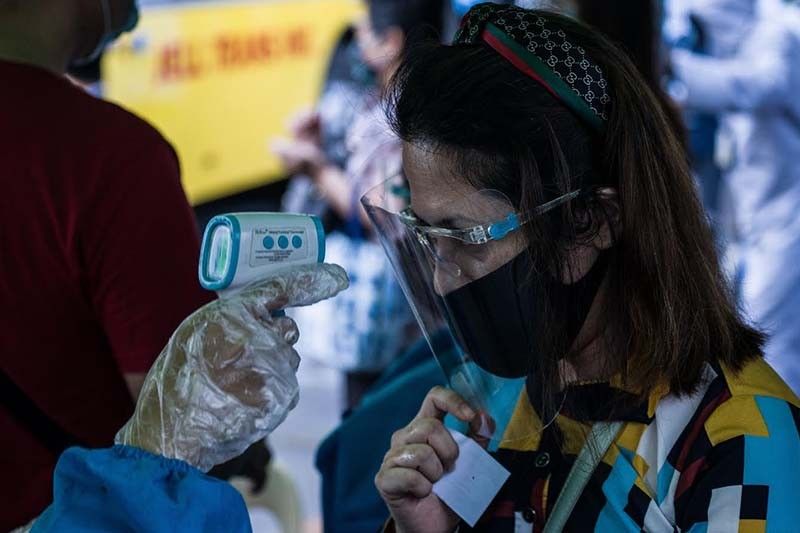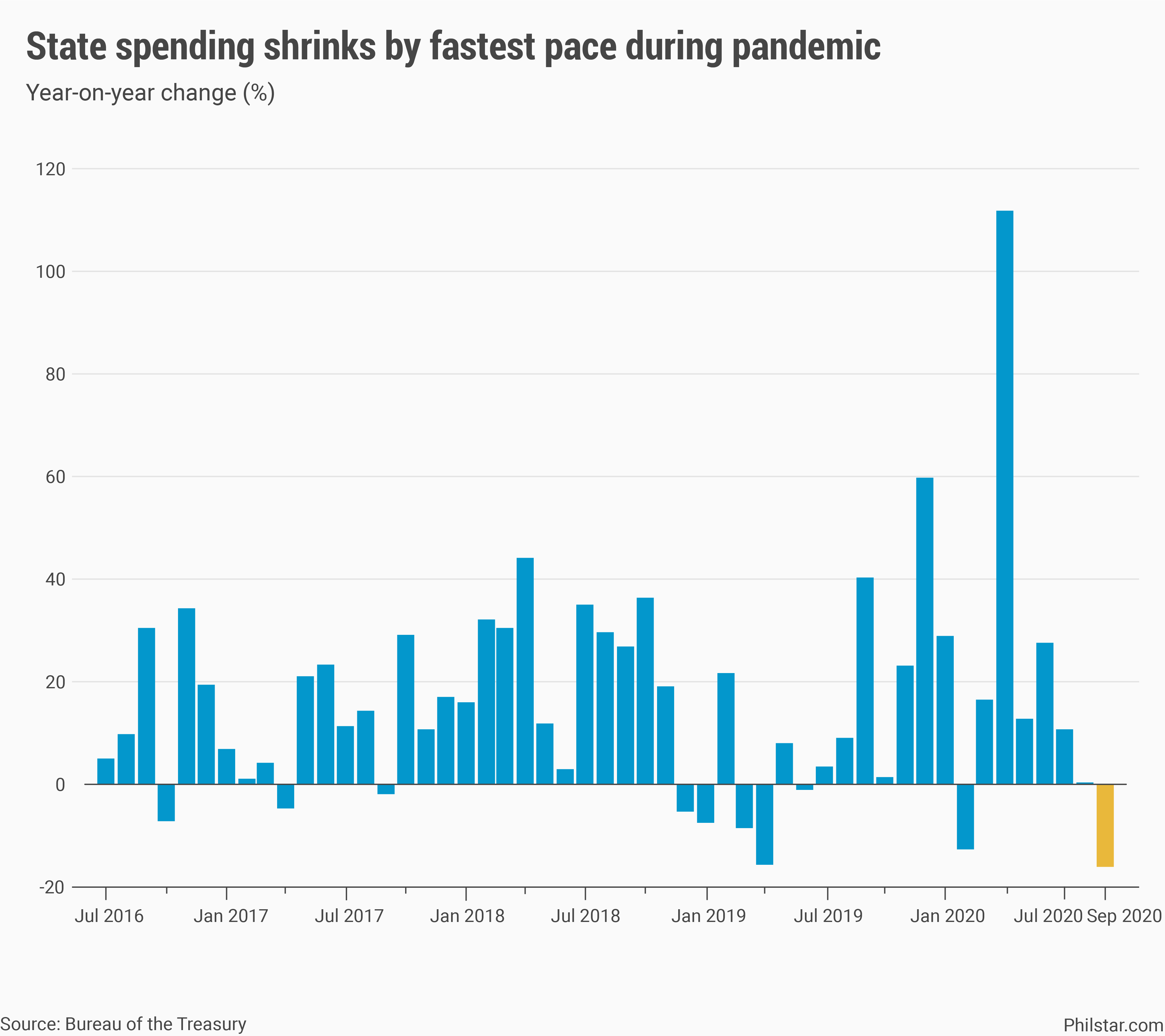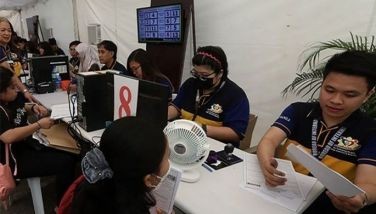Spending suffers worst plunge under Duterte in September

MANILA, Philippines — Spending under the Duterte administration plunged the most under its term in September, dimming prospects of a speedy recovery as government support remained insufficient to counter a pandemic-led meltdown.
Disbursements shrank 15.45% year-on-year to P350.9 billion last month, the first time spending contracted in the middle of the health crisis, the Bureau of the Treasury reported on Friday. It also marked the worst plunge under the present government that took office in end-June 2016.
As spending further derailed into the negative territory, revenues likewise decreased 10.19% annually to P212.4 billion. With expenditures under control, the budget deficit narrowed 40% from previous year to P138.5 billion.
In its statement, Treasury attributed the “lag” in spending to two things. One was the “base effect of higher infrastructure spending” in same period a year ago, when expenditures surged 39% annually. Steve Cochrane, chief Asia Pacific analyst at Moody’s Analytics, agreed.
“The 15% decline from a year earlier overstates the decline…,” he said in an e-mail.
Second, was the “lag” on the implementation of Republic Act 11494 or the Bayanihan to Recover As One Act, which was just signed into law September 11, and therefore yet to fund the administration’s recovery plan. Under the law, a top-up of P140 billion to the P4.1-trillion budget was automatically granted for coronavirus-related spending.
But even considering all the justifications, there are still reasons to be worried. Cid Terosa, senior economist at University of Asia & the Pacific School of Economics, said low spending means a rebound from recession may take longer than expected.
“This does not bode well for economic recovery since government is a primary expansionary tool. Lower government spending deprives the economy of an effective stimulant,” Terosa said in a text message.
Worse, data showed expenditures may not be catching up with Bayanihan II in place. Just early this week, budget department reported that only P4.4 billion of the additional P140 billion in funds had been released to agencies more than a month since the law was enacted.

While high base effects indeed may have distorted the monthly data, figures also showed that spending performance had been weakening since June, during which cash assistance to the poor were still being distributed, and the health sector was supposedly improving its testing capacities.
For the entire third quarter, data showed government spent P1.008 trillion, 2.7% down from same period a year ago.
“This spending print is not good news. It does not help improve overall sentiment especially during these times,” Ruben Carlo Asuncion, chief economist at Union Bank of the Philippines, said in a text message.
Early boost, belated control
To be fair, at the onset of the crisis, government has rolled out several cash aid programs to subsidize the needy. This early, yet temporary, spending boost brought total disbursements up 15.07% to P3.02 trillion in the first 9 months. In the same period, revenues went down 7.9% year-on-year to P2.14 trillion, with collections from Bureaus of Internal Revenue and Customs down 9.9% and 15.3%, respectively.
As a result, data showed the deficit widened nearly three times from year-ago levels at P879.2 billion, running at a record-level, Treasury data showed.
But with only 3 months left into the year, the budget gap had barely exhausted half of this year’s widened limit of P1.82 trillion. While in normal times a narrow deficit was ideal, the present crisis has called for government to spend more to ensure the economy runs again.
“Even if the weighted impact of government is significantly smaller than the other levers of economic growth, it is very important that fiscal expenditures are running their course to somehow help catalyze better consumption and investment sentiment,” Asuncion said.
- Latest
- Trending


























